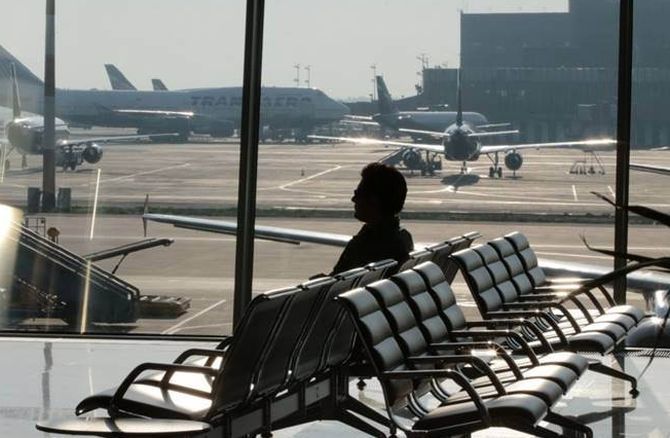The airports chosen for operation, management and development through a public-private partnership model are those in Lucknow, Ahmedabad, Jaipur, Mangaluru, Thiruvananthapuram, and Guwahati.

The government does not want the next round of airport privatisation to go the Air India way.
With that in mind, a high-level government committee has set conditions that are easier to comply with, a source close to the development said.
For instance, even a bidder with no prior experience in airport development will be allowed to participate in the privatisation process.
While net worth of the companies will be among the key criteria, bidders will be asked to absorb employees of the airports for at least five years.
Soon after the Union Cabinet cleared private management of six more airports on November 8, a high-level committee headed by NITI Aayog chief executive officer Amitabh Kant finalised the guidelines and conditions for the privatisation process.
“Airport Authority of India will do a single stage bidding process which will only evaluate eligibility criteria based on financial capability,’’ another source said.
The airports chosen for operation, management and development through a public-private partnership (PPP) model are those in Lucknow, Ahmedabad, Jaipur, Mangaluru, Thiruvananthapuram, and Guwahati.
This is the second wave of airport privatisation in India - 12 years after Delhi and Mumbai airports were privatised in 2006.
For Delhi and Mumbai, airport operation experience, either standalone or in a consortium, was a mandatory condition for bidders. In the new round, airports would be bid out for a period of 50 years with freedom on land usage of airports for non-aeronautical purposes.
“In the earlier process, airport developers had sought liberal guidelines for land usage. Hence private owners of the airports will be allowed to use land parcels for non-aeronautical usage like building shopping malls, or developing aerotropolis,” one of the sources said.
For Delhi and Mumbai airport privatisation, 230 and 190 acres of land were allowed to be developed for commercial purpose.
For the six airports chosen for privatisation, the government will not allow airlines to hold a majority stake in the airports as a proposal to permit cross ownership of airlines and airports was ruled out.
This would make a company such as Tata Realty ineligible for any controlling interest in airports as it holds stake in Air Asia India and Vistara.
Among the primary reasons cited for the failure of Air India bidding process were the stringent bidding conditions. It didn’t get even a single bidder.
Similarly, Airport Authority of India, despite trying a multiple times, failed to get a bidder for operation and maintenance of Ahmedabad and Jaipur airports as bidders said there was little scope of revenue generation from the projects.
Experts said the lucrative structuring of the concession agreements would entice bidders.
According to Jagannarayan Padmanabhan, director, CRISIL Infrastructure Advisory, the previous privatisation of some of the metro airports in India yielded good returns to the private developers.
“With Indian market becoming the third largest in the world, and the growth being sustained for several quarters with head room for further growth, there is significant interest among the Indian developers as well as the international investor community.
"One of the key factors will be the quality of data being presented to the bidders, apart from structuring/terms of the concession - this will strongly influence the number of bidders who will finally participate in this process,” he said.
However, the 2019 Lok Sabha election may come as a dampener - prospective bidders fear that the process may not get completed before the code of conduct sets in.
“The conditions looks lucrative but the timeline is very challenging,” said an executive of a company interested in airports.
The government intends to complete the bidding process by the third week of February.
Photograph: Reuters











